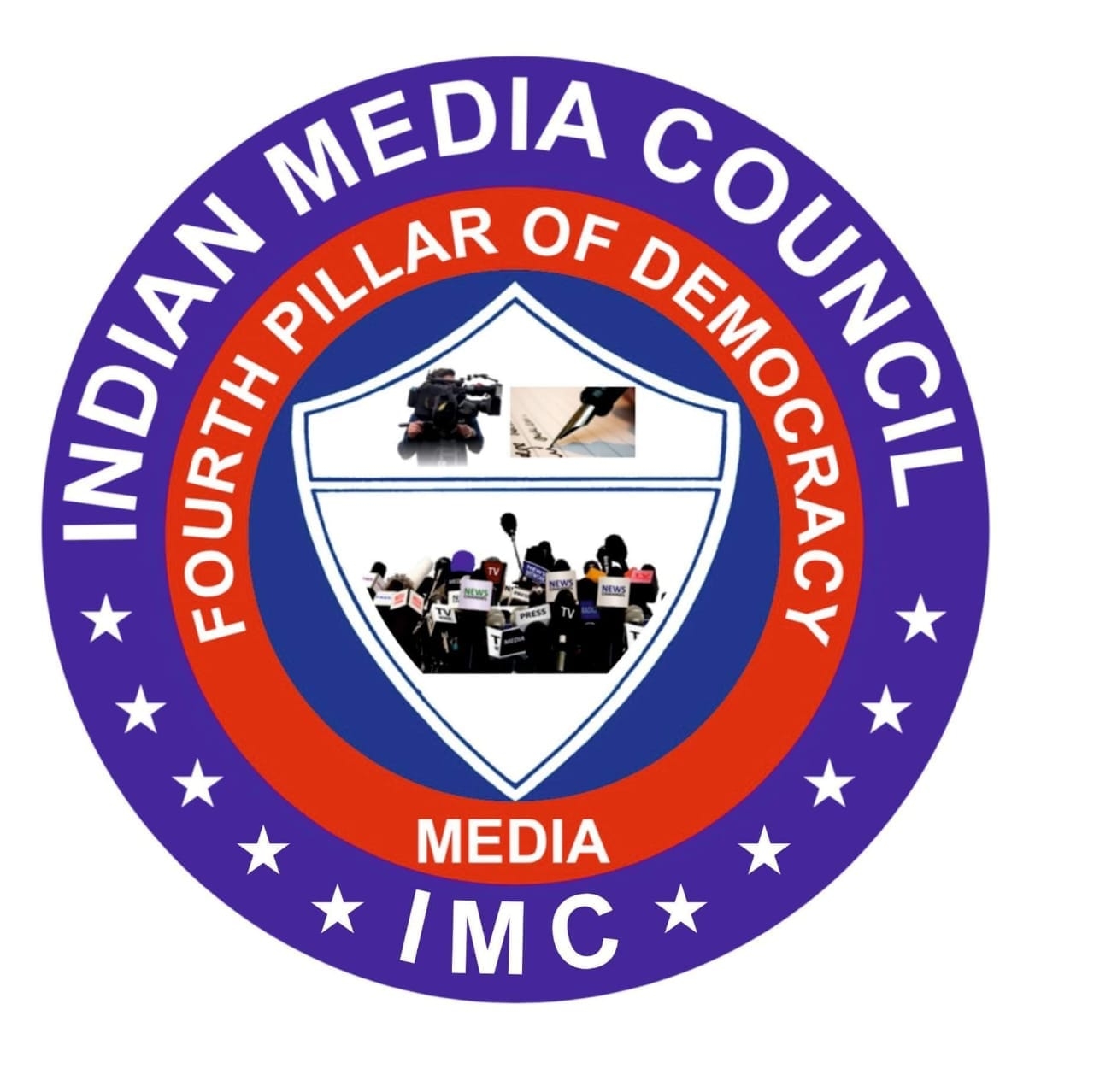CIVIC SPACE LEGAL FRAMEWORK
The newly published Law Library report examines the legal framework, that is the legally protected rights and freedoms that support civic space freedoms in Brazil, Finland, Morocco, and Tunisia. Specifically, these legally protected rights include constitutional freedoms such as:
- the right to access government information,
- freedom of expression,
- freedom of assembly,
- freedom of association,
- the right to privacy and data protection, and
- freedom of the press
In addition, the report describes internet access laws, and protections and guarantees against discrimination. All four countries surveyed for the report have laws in place that protect access to the internet. For example, Brazilian law recognizes that “internet access is essential to the exercise of citizenship.” Finland, in 2010, adopted a law which provides a legal right to broadband for all citizens, requiring that internet providers make internet available also in geographical areas where it would not be profitable to do so.
It appears that the issue of civic space is as current as ever. The report has already been updated to include reference to a recent Finnish Supreme Court order to dissolve a neo-Nazi organization that violated human rights.
Civil society in India is noted for its vibrancy, innovation and research-based advocacy. It plays a powerful role creating a collaborative space based on service and the collective good. Both government and civil society need to work together to build stronger institutional relationships based on mutual trust and a shared vision. In addition to filling gaps in service delivery, the civil society organization (CSO) sector contributes significantly to India’s economy, creating and providing livelihoods for millions. There is a need to measure the magnitude of civil society’s work to make stakeholders understand that “voluntary organizations go where market solutions don’t go.”
THE STATE’S MISTRUST
The government has the right to regulate, but not control, CSOs. In practice, however, government interference is common and includes surveillance, over-bearing registration and reporting requirements, particularly under the Foreign Contribution (Regulation) Act (FCRA). Instead of control and harassment, the state should establish mechanisms to consult, fund and collaborate with CSOs, thereby enabling civil society institutions to promote societal welfare.
ENABLING ENVIRONMENT
While Indian corporate laws have seen significant reform aimed at bringing them into line with global trends, civil society laws have not comparably improved. Business start-ups receive a number of benefits, while new CSOs face obstacles under FCRA and corporate social responsibility laws. Furthermore, laws governing CSOs lack clarity, with discrepancies between state and central laws, leading to a lack of uniformity in non-profit governance in India.
SELF-REGULATION
Initial self-regulation experiments have proven quite fruitful. There are a number of initiatives underway, including the development of codes of conduct, monitoring, rating or validation accountability mechanisms, among others. These need to be improved and supported.
The decrease of freedom for civil society, or shrinking civic space, has in the last decade widened from a range of incidents to a structural global issue. It affects possibilities for public protest, free media coverage and, the focus of this article, the room for manoeuvre for CSOs. Rather than offering an enabling environment for civil society, many states are deliberately pushing back against the activities of CSOs. The repertoire of restrictions ranges from new legislation to threats of or actual use of violence. The consequences of action taken against one human rights defender or organisation often have a chilling effect on other CSOs who rein in their activities or self-censor. But the effects are even wider. The United Nations Sustainable Development Goals become more difficult to attain if civil society is put on a tight leash. The closing of civic space for example has negative effects on health, humanitarian assistance, combating climate change and preventing conflict. And this is not just an academic assessment. According to the Davos World Economic Forum, a network of business and political leaders, the closing carries a number of risks, including ‘increased social and economic instability, augmented social polarization, more fragile governance, and major detriment to basic civil and political rights’.
It is thus crucial to continue analysing the extent and multifarious shapes of this phenomenon and to look for solutions to counter the shrinking or closing. In tackling the issue, one should be careful not to use the notion of ‘shrinking space’ as a catch-all phrase, but always remain acutely aware of the differences of pressure experienced between large well-organised, internationally connected CSOs and smaller, more grass-roots groups. In addition, the political dimension – underlying power struggles – should not be lost from sight. Detailed measurement methodologies, which include the degree to which several human rights are protected, have been proposed and are crucial to monitor the trend.
Written By :-Shireen Sultana

